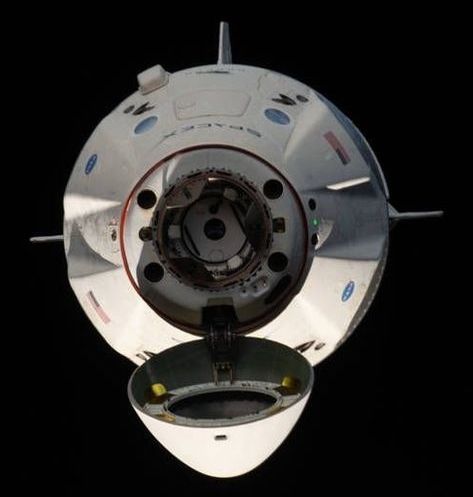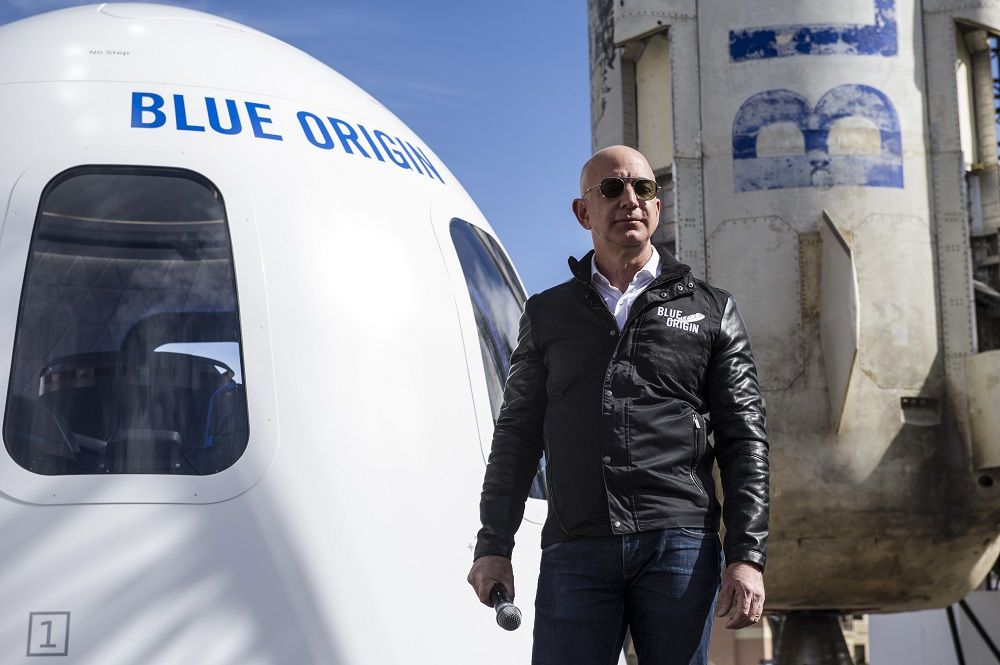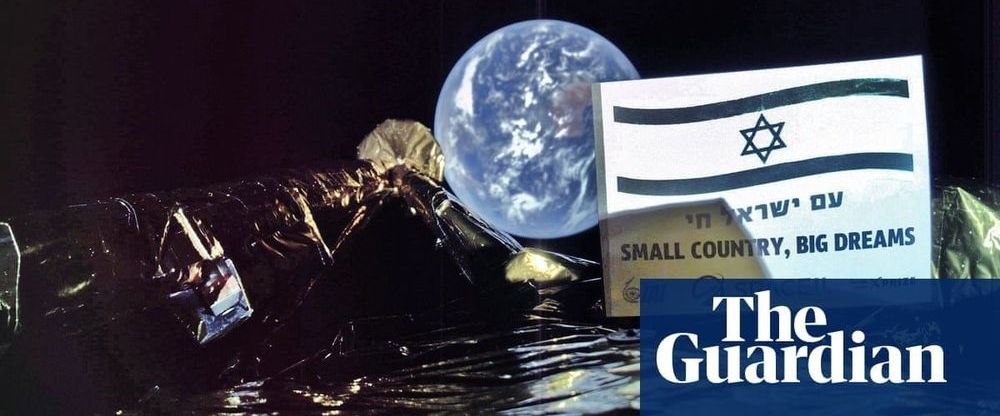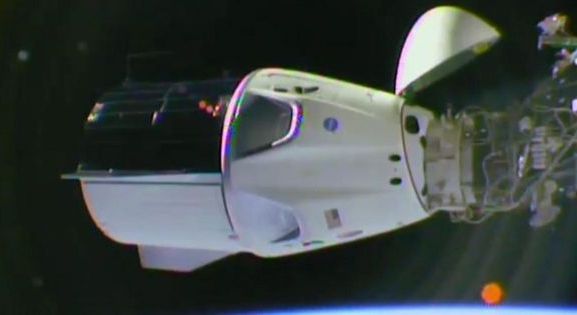Splashdown is Friday at 8:45 a.m. EST.



Taken by Russian cosmonaut Oleg Kononenko, the first high-resolution photos of SpaceX’s Crew Dragon spacecraft have begun to trickle in, offering the best views yet of the advanced human-rated spacecraft in its natural habit: Earth orbit.
Filling in for a distinct and uncharacteristic lack of official photos from NASA, the spacecraft’s inaugural spaceflight had thus far only been documented through NASA’s own live coverage of its International Space Station (ISS) rendezvous, limited to a relatively low-quality stream. With Oleg’s extremely high-resolution captures, we can begin to see SpaceX’s Crew Dragon with a level of detail previously only seen (if ever) on the ground.
Stunning photos of Dragon 2 docking from Oleg Kononenko! https://www.nasaspaceflight.com/2019/03/crew-dragon-first-docking-iss-dm1/

Blue Origin’s founder explains how New Shepard and New Glenn enable humanity’s future in the solar system.
This article originally appeared in the Feb. 25, 2019 issue of SpaceNews magazine.
Jeff Bezos is not a man of little dreams. The world’s richest person, with an estimated net worth of more than $130 billion, is spending some of his wealth on his space startup, Blue Origin. Much of the attention that the company has received has focused on the billions he’s invested into the company, its plans to fly tourists on its suborbital New Shepard vehicle and its entry into the orbital launch market with its New Glenn rocket.

An Israeli spacecraft on its maiden mission to the moon has sent its first selfie back to Earth, mission chiefs said on Tuesday.
The image showing part of the Beresheet spacecraft with Earth in the background was beamed to mission control in Yehud, Israel – 23,360 miles (37,600km) away, the project’s lead partners said.
The partners, NGO SpaceIL and state-owned Israel Aerospace Industries, launched the unmanned Beresheet – Hebrew for Genesis – from Cape Canaveral in Florida on 22 February.

It’s yet another historic moment for the Crew Dragon mission as the docking procedure is quite different this time when compared to previous Dragon missions: “Dragon was basically hovering under the ISS,” said Hans Koenigsmann, vice president of mission assurance at SpaceX during a pre-launch briefing on Thursday. “You can see how it moves back and forth and then the [Canadarm] takes it to a berthing bay.”
In contrast, the Crew Dragon’s docking system is active, he said: “it will plant itself in front of the station and use a docking port on its own, no docking arm required.”
Five days from now, Crew Dragon will undock and makes its long way back to Earth. This time around, it will splash down in the Atlantic Ocean — previous (cargo) Dragon missions have touched down in the Pacific.

China has opened its first Mars simulation base to the public to encourage young people to get involved in space exploration.
The Mars simulation base, which opened on Friday, is located in Mangya city, in Northwest China’s Qinghai Province.
The red rock area in the Qaidam Basin in Qinghai has been called the most “Martian” place on Earth, with its natural features, landscape and climate all similar to those on the red planet, said Gao Junling, the project founder.
Mock manned mission underway…👽.


“We should have a base on the moon, like a permanently occupied human base on the moon, and then send people to Mars,” Musk said when asked what SpaceX will do after getting Crew Dragon operational. “That’s what we should do.”
He added: “Maybe there’s something beyond the space station, but we’ll see. We’ve got to focus on getting this right, for sure. That’s the priority. But then, after that, maybe something beyond low-Earth orbit.”
SpaceX rocketed its first spaceship for NASA astronauts into orbit on Saturday. Elon Musk, the company’s founder, said he’s willing to climb aboard.

Unlike the cargo Dragon, which is grappled by a robotic arm, this uncrewed test flight for our NASA Commercial Crew Program will dock autonomously.
Watch live at 3:30 a.m. EST to see a brand-new spacecraft’s first-ever arrival at the station: https://go.nasa.gov/2IPCG7P